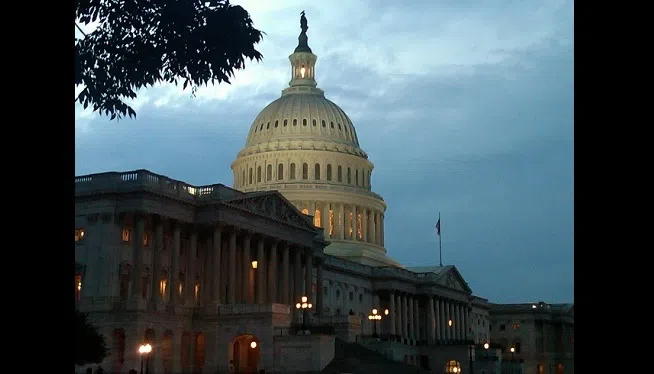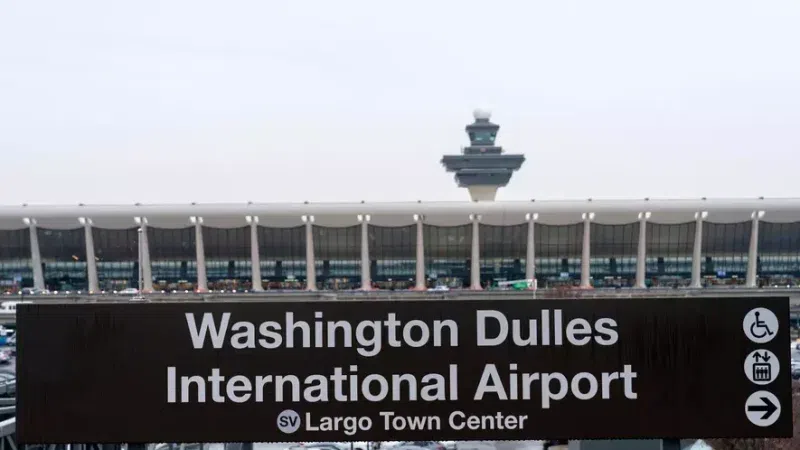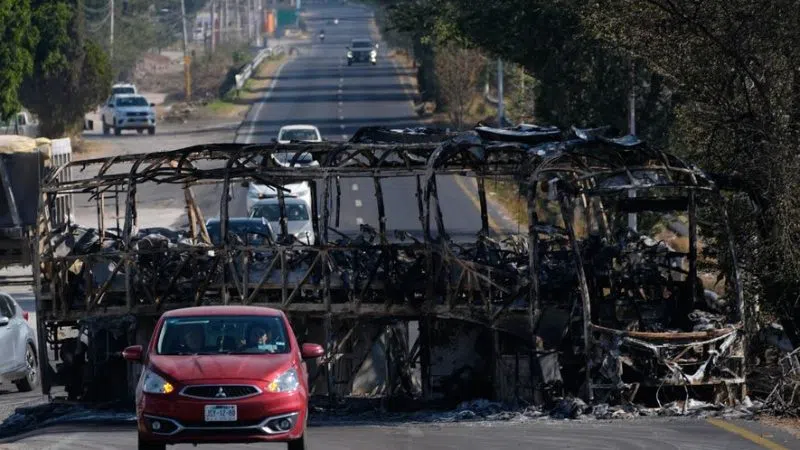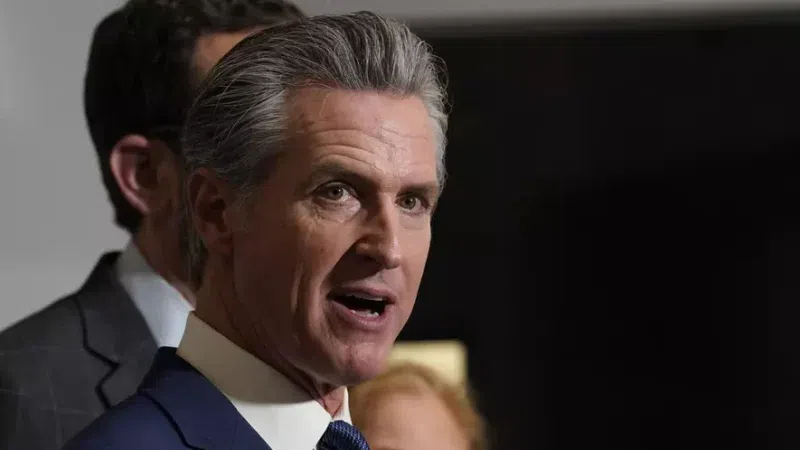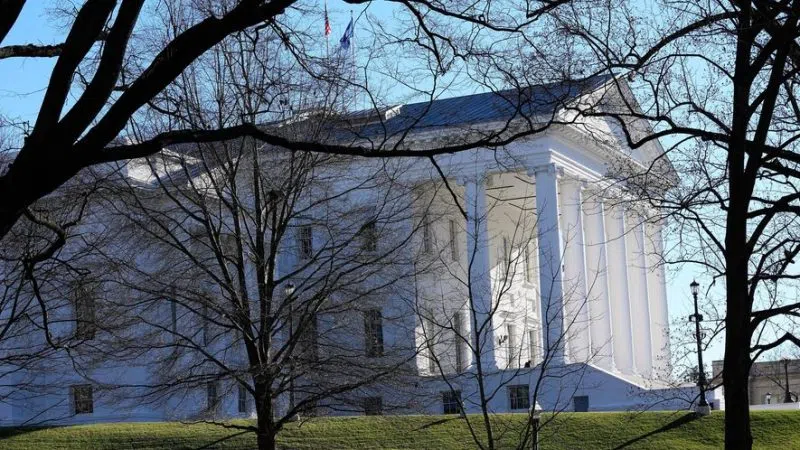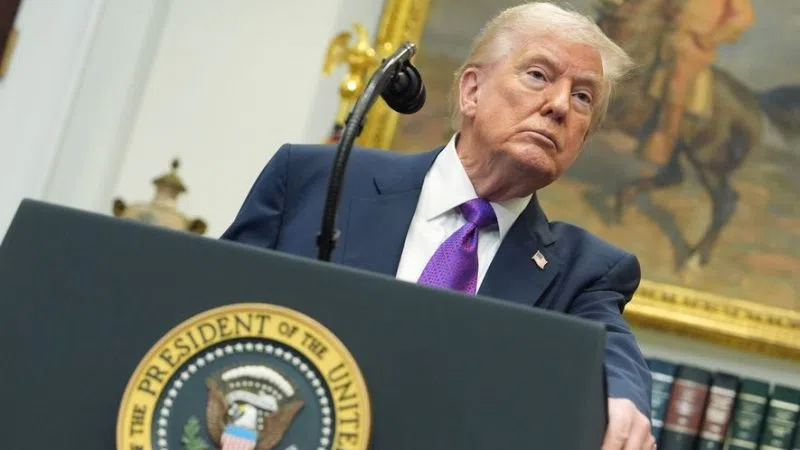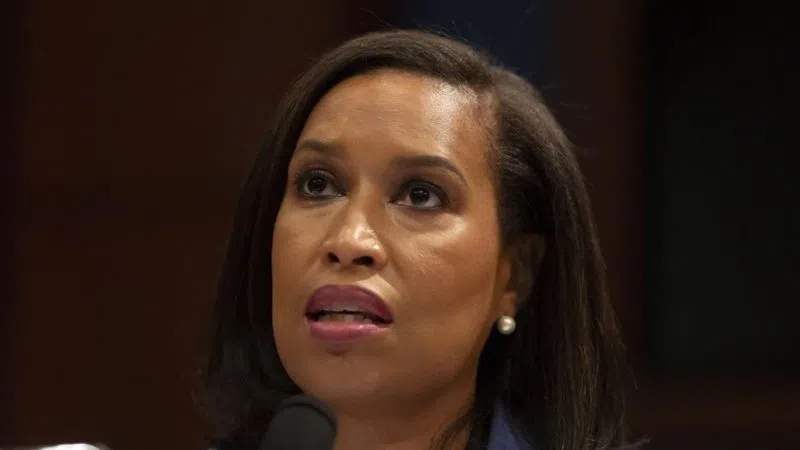WASHINGTON — With just four days until a spending deadline, the government could be heading for a shutdown on the one-year anniversary of Donald Trump’s presidency.
It’s long been thought that the key to unlocking any spending stalemate in Congress was to get closer to an immigration compromise. However, as lawmakers return from the holiday weekend, the mood on Capitol Hill between the two parties — and even between factions within Republican enclaves — has soured after a tumultuous week that included a bipartisan group of senators announcing they had an immigration deal, Trump rejecting it and reports that the President had used vulgar language to describe the African nations affected by such a proposal.
Democrats have signaled all along that they wouldn’t be quick to fund the government without assurances that there was a plan on the way to protect hundreds of thousands of young recipients of DACA, the Deferred Action for Childhood Arrivals program, which expires in March. After Trump’s incendiary language and his rejection of the bipartisan deal last week, Democrats may be leaning more toward withholding their votes on a spending compromise.
If that’s the case, the burden will fall to House Speaker Paul Ryan who may have problems within his own ranks. If Democrats withhold their votes on a spending deal, Ryan will have to convince both defense hawks and the conservative House Freedom Caucus to vote on yet another short-term spending deal.
“It is extremely difficult to convince our caucus members to vote for another short-term funding mechanism,” House Freedom Caucus Chairman Mark Meadows told CNN Monday afternoon.
[van id=”tv/2018/01/14/ip-daca.cnn”]
Meadows said that the while his group has not come out with an official position yet, the House Freedom Caucus will meet Tuesday night following a conference-wide GOP meeting.
“I had to whip very vigorously before Christmas,” Meadows said. “Knowing the reluctance of many of my members, I am getting prepared for what I believe will be a very contentious meeting as we discuss doing a short-term CR for the fourth time in six months.”
The Senate has its own obstacles
The House is only the first obstacle, however. In the Senate where Majority Leader Mitch McConnell doesn’t have a filibuster-proof majority, the question is whether Democrats would pick Friday’s deadline to stick together and withhold all their votes on the short-term spending bill or whether enough Democrats — some who are facing tough re-elections in 2018 — would come along to keep the government open.
During NBC’s “Meet the Press” Sunday, Democratic Sen. Michael Bennet of Colorado said that he hoped that it wouldn’t come to a government shutdown.
“It should not come to that,” Bennet said.
“There’s no sense for that to happen. We can come to an agreement,” Sen. Joe Manchin, a red state Democrat from West Virginia, said on CBS’s “Face the Nation.”
Blame game already in effect
But the politicking over who is to blame for a government shutdown is already well underway.
Conservative Republicans are already beginning to cast blame of Democrats for any potential shutdown. Sen. Tom Cotton, a Republican from Arkansas, who has been critical of the bipartisan immigration group’s work on a DACA compromise, tweeted Sunday that Democrats would be responsible if the government was shut down.
“So Democrats are now threatening to shut down the government if they don’t get amnesty for millions of illegal immigrants. Let’s see how that works out for them, especially in places like WV, IN, MO, ND, & MT,” Cotton tweeted.
Democrats meanwhile are arguing that with a bipartisan immigration deal finished, Republicans should at the very least put it on the floor to avoid a shut down.
“Nobody wins a government shutdown battle but I do know one thing: If it happens it will be because a bipartisan compromise was rejected by Republicans,” Sen. Brian Schatz, a Democrat from Hawaii tweeted over the weekend. “Anyone who says they want to avoid a shutdown should be asking for a vote on that compromise legislation.”
On Capitol Hill, Republicans and Democrats have been in spending standoffs before.
Just before the last spending deadline, the holidays seemed to bring lawmakers together to at the very least kick the can down the road. It’s often the case that looming deadlines can often jolt both sides back to the negotiating table.
But, both sides acknowledge the politics are a bit trickier this time around. The Trump administration set a March 5 deadline for ending DACA and many Democrats believe that recipients of that program of can’t wait any longer to have certainty. It’s those kind of high-profile stakes that could make this fight harder to overcome.
The-CNN-Wire™ & © 2018 Cable News Network, Inc., a Time Warner Company. All rights reserved. (PHOTO:
